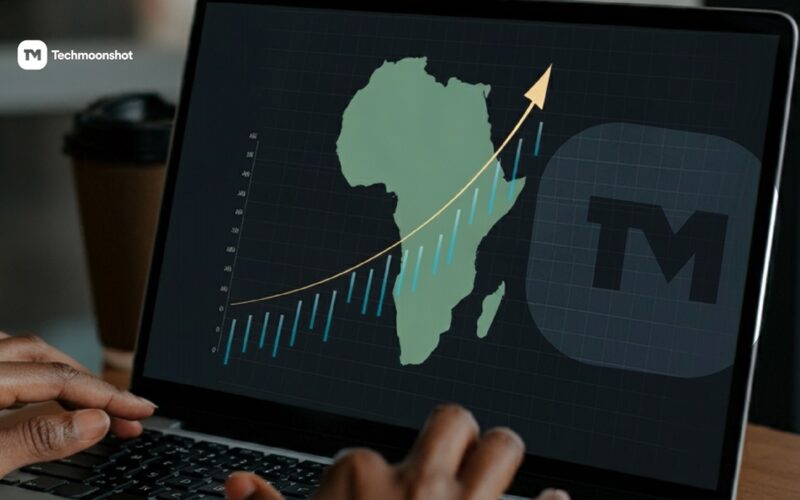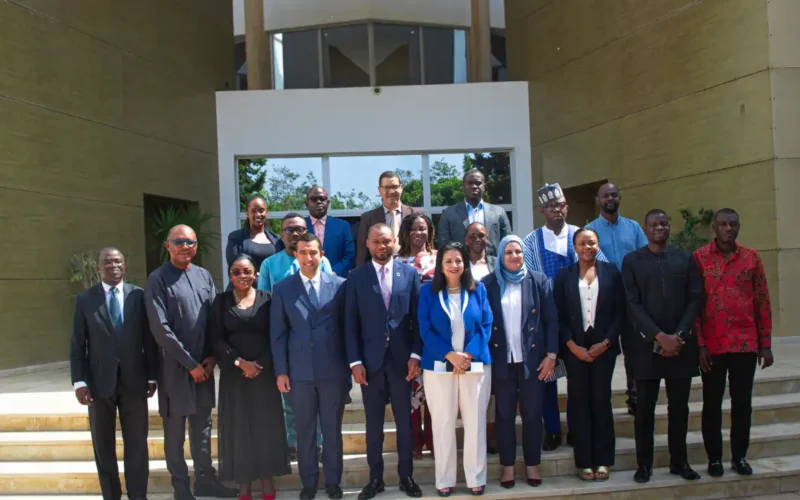The numbers don’t lie—and for the first time in over two years, they’re telling a story of cautious optimism rather than unrelenting decline. As someone who has tracked African tech investment flows through both boom and bust cycles, I can say with confidence that Q2 2025 marks a pivotal inflection point for the continent’s startup ecosystem.
The 50% quarter-on-quarter surge in funding to $426.9 million represents more than just statistical recovery; it signals a fundamental shift in investor sentiment toward African innovation. After the brutal 2024 reckoning that saw total investment plummet by more than half to $1.1 billion, this uptick feels less like a statistical blip and more like the early tremors of a genuine revival.
What makes this particularly compelling is not just the quantum of capital deployed, but the quality of deployment. While Q2 saw fewer startups raise capital compared to Q1—49 versus 55—the average deal size increased substantially. This suggests investors are becoming more discerning, backing proven business models with clearer paths to profitability rather than chasing growth-at-any-cost narratives that defined the previous cycle.
The first half of 2025 has delivered $710.8 million across 104 startups, representing a robust 34% increase from the same period in 2024. This momentum builds on the foundation laid by significant late-2024 rounds for companies like Moniepoint and Yellow Card, which I argued at the time were harbingers of renewed institutional confidence in African fintech infrastructure.
From an investment thesis perspective, several factors are converging to create this more favorable environment. First, the global liquidity crunch that devastated emerging market tech valuations throughout 2023 and 2024 is showing signs of easing. Second, African startups have undergone a necessary maturation process, with many emerging leaner, more operationally efficient, and better positioned for sustainable growth.
The geographic diversification of funding sources is equally encouraging. While traditional Silicon Valley and European investors remain important, we’re seeing increased participation from Middle Eastern sovereign wealth funds, African family offices, and development finance institutions. This diversification reduces the ecosystem’s vulnerability to single-market sentiment shifts.
However, we must resist the temptation to declare victory prematurely. The African tech ecosystem still faces structural challenges that no single quarter can resolve. Infrastructure gaps, regulatory uncertainty, and talent retention remain persistent headwinds. The concentration of funding in fintech and e-commerce, while logical given market dynamics, leaves other sectors undercapitalized.
What gives me genuine optimism is the qualitative shift I’m observing in founder mentality. The entrepreneurs I’m meeting today are more focused on unit economics, customer acquisition costs, and sustainable business models than their predecessors. They’ve learned from the excesses of the previous cycle and are building companies designed for long-term value creation rather than short-term valuation optimization.
The path forward requires continued discipline from both founders and investors. We need patient capital that understands African market dynamics, regulatory frameworks that support innovation while protecting consumers, and continued investment in digital infrastructure that can support the next wave of technological advancement.
As we look toward the second half of 2025, I’m cautiously optimistic that this momentum can be sustained. The fundamentals supporting African tech innovation—a young, increasingly connected population, growing middle class, and significant infrastructure gaps that technology can address—remain as compelling as ever.
The global funding winter may not be fully behind us, but for African tech, spring appears to be arriving. The question now is whether the ecosystem can capitalize on this renewed confidence to build the next generation of globally competitive African technology companies.
Keep the faith, indeed. But more importantly, keep building.
Key Facts and Figures
2024 Market Downturn:
- Total African tech startup funding fell by more than 50% to $1.1 billion
- Number of funded startups declined by more than half year-over-year
- Global capital shortage significantly impacted continental ecosystem
Q2 2025 Recovery Indicators:
- 49 startups raised $426.9 million in Q2 2025
- 50% quarter-on-quarter increase from Q1’s $283.9 million
- Average deal size increased despite fewer total deals (49 vs 55 in Q1)
First Half 2025 Performance:
- 104 African tech startups raised combined $710.8 million
- 34% increase from $530 million in H1 2024
- Positive momentum building on late-2024 rounds (Moniepoint, Yellow Card)
Market Dynamics:
Continued concentration in fintech and e-commerce sectors
Shift toward quality over quantity in deal-making
Growing diversification of funding sources beyond traditional Silicon Valley/European investors
Increased participation from Middle Eastern sovereign wealth funds and African family offices












